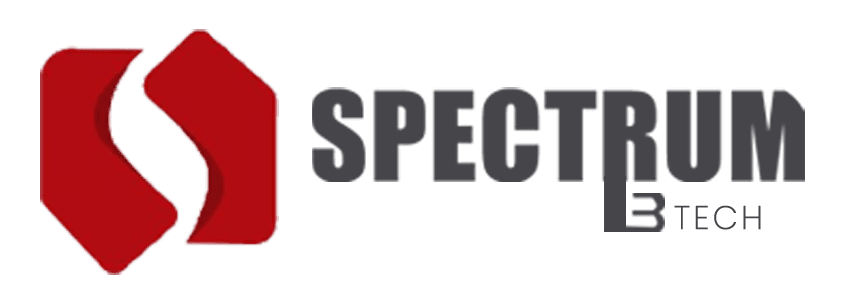OFF PAGE SEO
“Off-page SEO” (also called “off-site SEO”) refers to events taken outside of your own website to bang your rankings within search engine outcome pages.
Optimizing for off-site position feature engage improving search engine and user observation of a site’s status, significance, reliability, and ability. This is able by other reputable places on the Internet linking to or promoting your website, and efficiently “vouching” for the excellence of your substance.
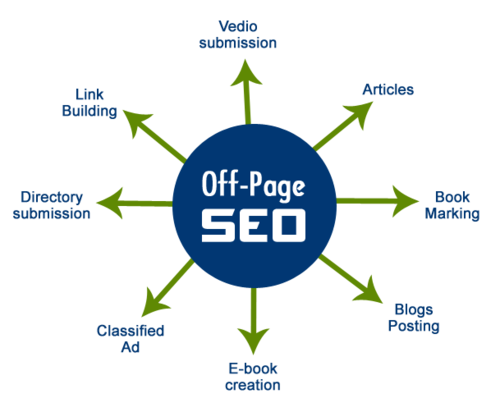
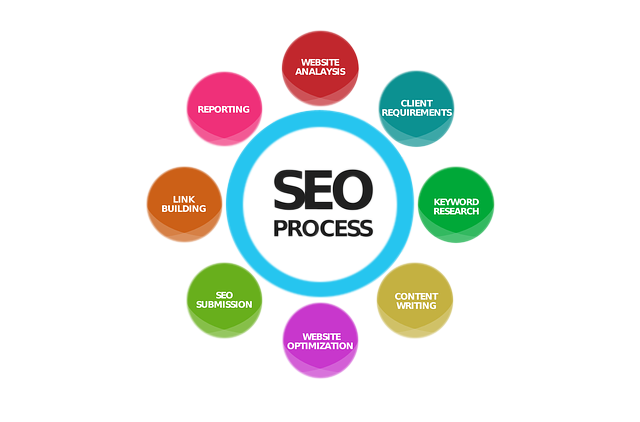
WHY DOES OFF-PAGE SEO MATTER?
While search algorithms and arrangement feature are continually altering, the common consensus within the SEO community is that the relevance, trustworthiness, and authority that effective off-page SEO afford a website still plays a major role in a page’s aptitude to grade. While we don’t know the full algorithm Google uses to rank the content, data from our Search Engine Ranking Factors study show that off-site SEO-related factors likely take more than 50% of the standing feature mass.
LINKS AND OFF-PAGE SEO
Building back links is at the spirit of off-page SEO. Search engines use back links as suggestion of the linked-to content’s excellence, so a site with many high value back links will usually rank better than an otherwise equal site with fewer back links.
There are three main types of links, definite by how they were making: natural links, manually built links, or self-created links.
- Natural links are editorially given with no act on the division of a page owner. For example, a food blogger adding up a link to a post that spot in the direction of their preferred manufacture farms is a natural link.
- Manually built links are obtained from side to side on purpose link-building behavior. This comprises things like receiving customers to link to your website or asking influencers to contribute to your content.
- Self-created links are created by practices such as adding up a back link in an online index, meeting, blog remark autograph, or a compress release with optimized secure text. Some self-created linkage building plans tend in the direction of black hat SEO and are frowned upon by search engines, so tramp lightly here.
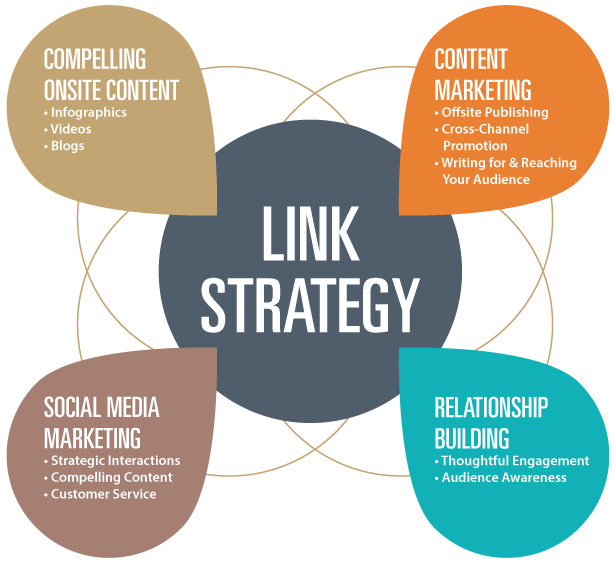
FEATURES THAT ADDS VALUE
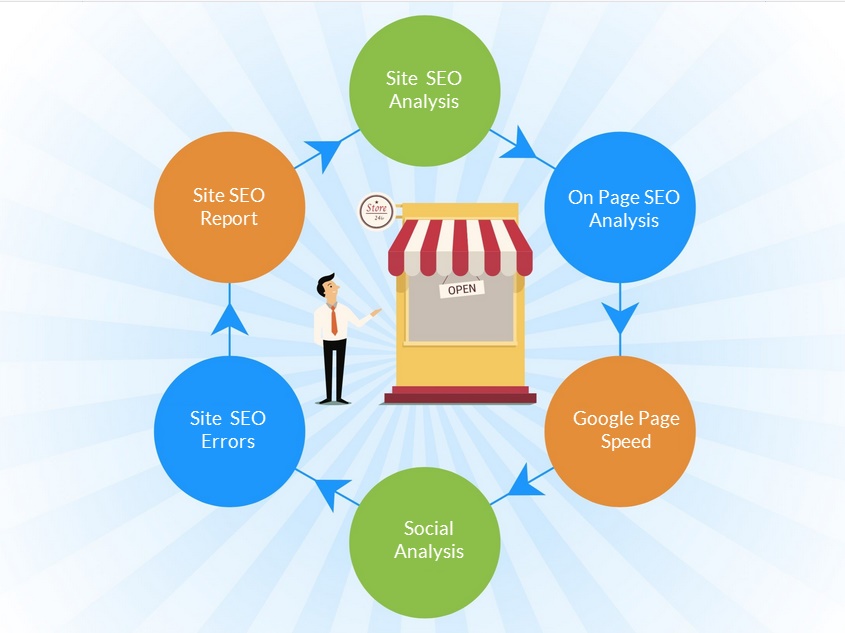
In spite of of how links were get, those that offer the maximum payment to SEO efforts are usually those that pass the most fairness. There are many signals that absolutely add to the equity approved, such as:
- The connecting site’s status
- How connected the linking site’s topic is to the site being connected to
- The “cleanness” of the link
- The anchor text used on the connecting site
- The dependability of the linking site
- The figure of other links on the connecting page
- Power of the connecting domain and page
NON-LINK-RELATED OFF-SITE SEO:
While earning links from exterior websites is the most usually skillful off-page SEO plan, almost any activity that
- a) Occurs outside of your personal website
- b) Helps to get better your search ranking position could be thought of as “off-page SEO.” These include things like:
- Social media advertising
- Guest blogging
- Linked and unlinked brand state
- Influencer promotion
It’s significant to note, although, that the net result of each of these actions is to somehow generate a orientation to your site from elsewhere on the web — be that orientation a link, a mention of your brand or website, or otherwise. So, the concept of truly “non-link-related” off-page SEO is in fact a bit of a misnomer.

HOW TO DO OFF-PAGE SEO

At a high level, improving the “off-page SEO” of a website involves improving search engine and user awareness of a site’s excellence. This occurs by receiving links from other sites (especially those that are upright and honest themselves), mentions of your product, shares of your content, and “votes of assurance” from basis exterior of your individual website.
